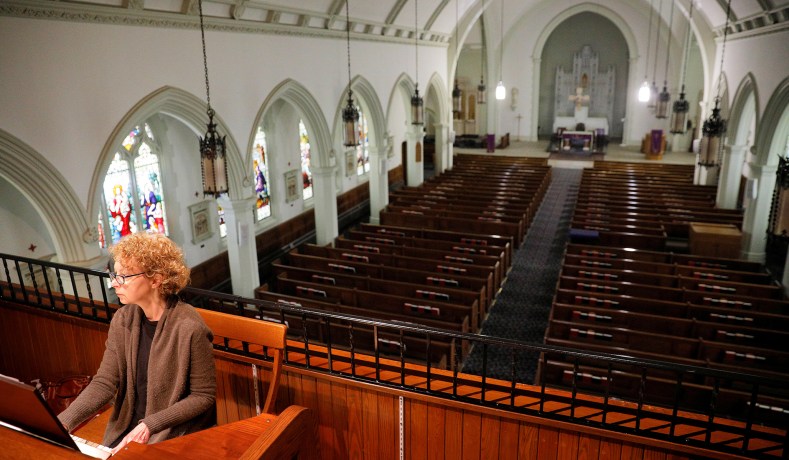
After religious leaders threatened to sue the City of Madison and Dane County, Wis., for First Amendment violations and discriminatory treatment, the local government has altered its reopening policies to apply the same standards to churches and businesses alike.
In its reopening plans, the city and county crafted regulations allowing most organizations and businesses to begin operating at 25 percent capacity, but it designated all worship services as “mass gatherings” and subjected them to an inflexible 50-person cap. As a result, even churches that could safely operate at 25 percent capacity with far more than 50 people were disallowed from doing so, and local officials threatened to send law enforcement to monitor and fine churches that violated the policy.
Now, in the wake of a letter from several attorneys threatening a lawsuit on behalf of the Catholic Diocese of Madison, the City of Madison and Dane County’s Public Health Department has revised the policy, removing the 50-person cap for worship services and applying the 25 percent capacity limit.
“Religious worship services will no longer be categorized as a ‘mass gathering,’” local officials said in a statement announcing the new policy. “All restrictions applicable to businesses will continue to apply to religious services.”
The local government announced the policy change last Friday, the day that the diocese had specified as the deadline by which it would file a lawsuit if the county had not amended its regulations to treat churches equally. In their letter, attorneys writing on behalf of the diocese called the policy unconstitutional and a “discriminatory restriction.”
The new policy will allow Catholic churches — along with other religious institutions — to begin celebrating public services for a greater number of parishioners, following protocols that the diocese has outlined in an eight-page document, specifying health precautions and social-distancing policies it will implement modeled off of Centers for Disease Control guidelines.
Although it is reasonable for government officials to be concerned about the unique health risks related to conducting public worship services — including reception of communion and singing — it is particularly galling that religious leaders have had to threaten lawsuits in several localities in order to reverse regulations that imposed unnecessarily strict rules targeting churches. Especially considering that government officials around the country are declining to enforce social-distancing policies against those involved in mass protests, they should take care not to discriminate against religious communities with harsh limitations that do little to promote public health.







